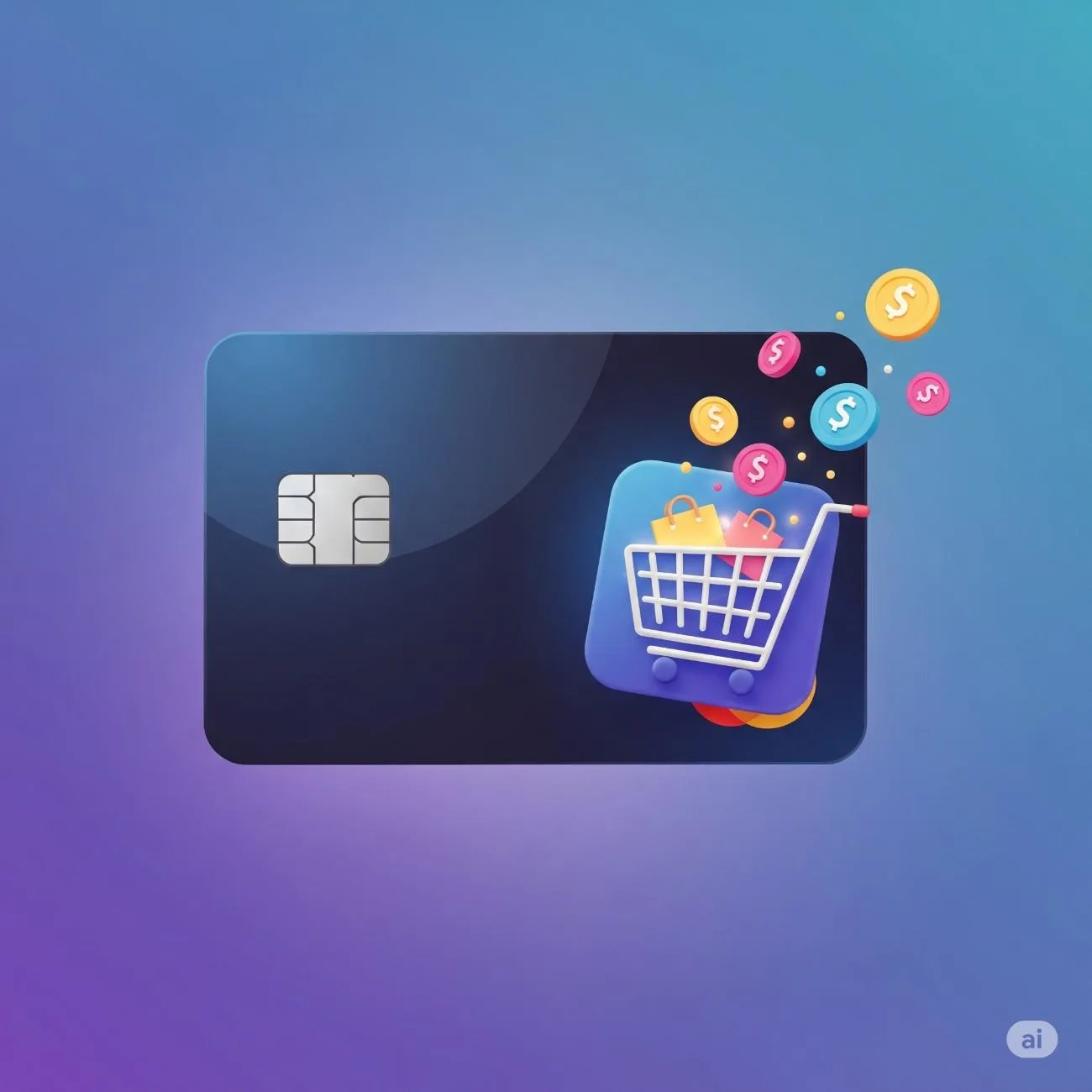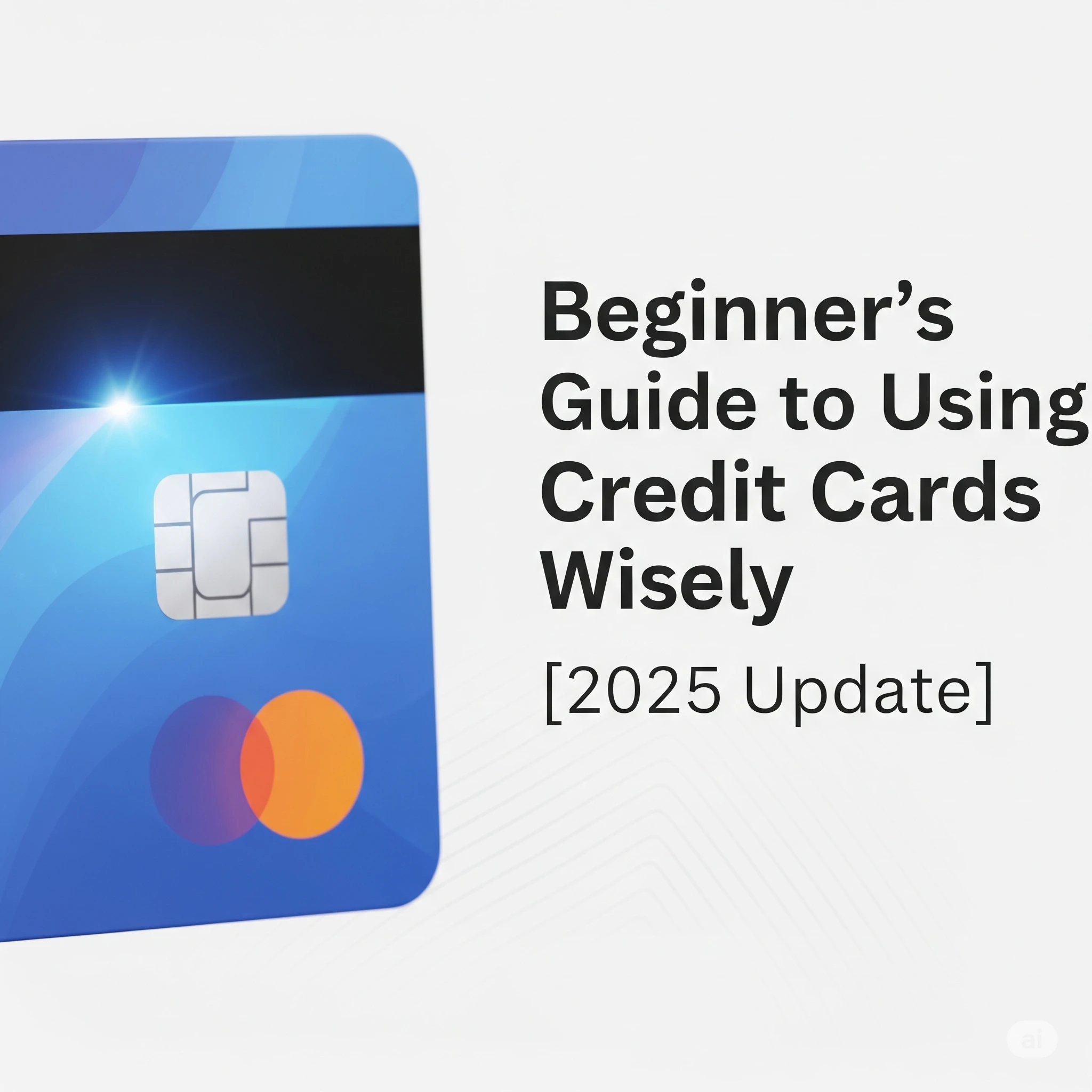Secured Credit Cards vs. Regular Credit Cards: The Complete Guide for New-to-Credit Indians (2025)
If you are just starting your credit journey and wondering whether a secured or a regular (unsecured) credit card is best for you, here is the answer up front:
For new-to-credit Indians, a secured credit card is the safest, most accessible, and reliable way to build your credit score—while regular cards offer higher rewards and benefits, they require a proven credit history and stable income. This guide helps you make an informed, strategic choice for your financial growth in 2025.
Introduction: Why Choosing the Right Credit Card Type Matters
As India’s credit landscape evolves, more students, gig workers, and young professionals are entering the world of credit cards. But if you’re a first-timer without salary slips, a limited CIBIL score, or a formal job offer, getting approved for a “regular” credit card can be daunting. This guide breaks down the distinction between secured and unsecured (regular) cards, clearing common myths and offering actionable advice so you can start your credit journey right in 2025.
What Is a Secured Credit Card?
A secured credit card is issued against a fixed deposit (FD) that you place with the issuing bank. The FD acts as collateral, meaning the bank has zero risk of losing money if you default—they can simply liquidate the fixed deposit to recover dues. A secured card works and feels exactly like any other credit card—you can shop, earn rewards, pay bills, and use EMIs.
But here’s the key feature: your credit limit is typically set as 75-100% of your FD amount.[1][2][4][5]
- No income proof or salary slip required
- Almost-guaranteed approval—even for people with no/poor credit scores
- Your FD earns interest as usual
- Helps you build or repair your CIBIL score fast
- If you pay your bills on time, you eventually become eligible for a regular, unsecured credit card
Example: If you open a ₹20,000 FD, your bank gives you a secured card with a ₹16,000–₹20,000 credit limit. If you default, the bank takes money from your FD to settle the bill.
What Is a Regular (Unsecured) Credit Card?
A regular (unsecured) credit card is what most people imagine when they hear “credit card.” Approval is based on your past credit history (CIBIL/Experian score), stable income, employment, and sometimes, previous relationships with the bank.[2][4][5]
- No collateral or FD needed
- Strict eligibility—stable job, salary slips, and good credit are required
- Usually higher credit limits than secured cards
- Best rewards, cashback, air miles, and premium features
- Available from entry-level to high-end super-premium cards
But: If you’re a student, gig worker, or new to the credit system in India, you will likely face rejection if you apply for a regular credit card with no history or substantial income proof.
Secured vs. Regular Credit Cards: Head-to-Head Comparison Table
| Feature | Secured Credit Card | Regular (Unsecured) Credit Card |
|---|---|---|
| Eligibility | No income proof needed; Anyone with FD can apply | Strict—needs stable income & good credit |
| Approval Chances | Very High (nearly 100% if FD placed) | Moderate to Low for new-to-credit users |
| Collateral Needed | Yes—Fixed Deposit | No |
| Credit Limit | 75–100% of FD amount | Set by bank, based on your credit/income |
| Rewards & Offers | Limited, mainly entry-level benefits | Best in industry—miles, cashback, luxury offers |
| Interest Rates | Similar to regular cards | Standard rates, based on category |
| Who Should Use | New-to-credit users, students, poor/no CIBIL score | Experienced users with good CIBIL score/income |
| Upgrade Path | Easy—upgrade to regular card after 6-12 months of good usage | N/A |
| Risk | Low risk to bank (FD covers dues), user risk is loss of FD interest | Bank bears default risk, user faces possible credit score drop |
Sources: Jupiter Money, Airtel Blog, StableMoney[1][2][4][5]
Who Should Choose Which: Expert Recommendations
- Choose a Secured Credit Card if:
- You’re a student, new professional, or gig worker new to the credit system
- Your CIBIL score is zero or poor (<700)
- You lack regular salary or payslips
- You want to build or rebuild your credit history safely
- You can place an FD (minimum ₹10,000–₹20,000)
- Choose a Regular Credit Card if:
- You have a good credit score/higher income (>₹3–5LPA)
- You want premium offers, better rewards, or travel perks
- Your income is stable and easily provable
How to Apply for a Secured Credit Card in India
- Choose Your Preferred Bank: Start with a bank where you already have a savings account, or compare banks offering secured cards with best rewards and lowest FD requirement.
- Open an FD: Place a fixed deposit as required (typically ₹10,000–₹1,00,000; higher FDs = higher credit limit).
- Apply Online or at Your Branch: Fill a quick form; often instant approval. No income proof or CIBIL score checks required for secured cards.
- Receive Your Card: Card will arrive by post, or sometimes can be activated instantly as a digital card.
Popular secured cards in India:
- ICICI Instant Platinum Credit Card (against FD)
- Axis Bank Insta Easy Credit Card
- SBI Advantage Plus/Unnati Card (against FD)
- AU Small Finance Altura Plus (on select FDs)
- Federal Bank Secure+ Card (FD-based, strong reviews)
How to Use a Secured Credit Card to Build Credit Score FAST
- Use for Regular Spending: Treat it as your main shopping, bill payment, or subscription card.
- Pay FULL Bills On Time: Always pay your statement in full before due date—this builds your score each month.
- Keep Utilization <30%: Don’t exhaust your FD limit. Example: If your limit is ₹20,000, try to spend <₹6,000/month.
- Wait 6–12 Months: Consistent timely payments prove your creditworthiness to the bank. After 6–12 months, either upgrade to a better regular credit card or increase your FD for a higher limit.
- Track Your CIBIL/Experian Score: Use free or paid credit score tracking tools monthly to measure improvement.
Best Secured Credit Cards in India: 2025 List
| Card Name | Minimum FD Required | Credit Limit | Key Benefits | Annual Fee |
|---|---|---|---|---|
| ICICI Instant Platinum | ₹10,000 | Up to 100% FD | Global acceptance, reward points, free fuel surcharge waiver | ₹0 |
| SBI Advantage Plus | ₹25,000 | Up to 90% FD | Worldwide access, add-on cards, easy upgrades | ₹500 |
| Axis Bank Insta Easy | ₹20,000 | Up to 80% FD | Discounts, EMV chip safety, secure online shopping | ₹0 |
| Federal Bank Secure+ | ₹15,000 | Up to 90% FD | Fast approval, UPI linking, user-friendly app | ₹0 |
Note: Check latest terms on each bank’s official website before applying.
FAQs: Secured vs. Regular Credit Cards in India
- Q1: Which is better for beginners: secured or unsecured credit card?
- For first-time users and students, a secured credit card is far easier to obtain and can be used to build your score. Once your score improves and you develop a credit relationship, you can apply for a regular card with better perks.[2][4][5]
- Q2: Can I convert my secured card to a regular card later?
- Yes! After 6–12 months of good usage (timely payments, responsible credit limit use), most Indian banks allow you to “graduate” to a regular card. Your FD is released and can be withdrawn.[2][4][5]
- Q3: Will a secured card help my CIBIL/Experian score?
- Absolutely. Just like regular cards, all your payments and usage are reported to bureaus.[3][5][11]
- Q4: Are there any risks with secured cards?
- If you default, the bank takes money from your FD, and you may also lose the interest you’ve earned. But there’s no risk of legal action or negative credit reporting as long as the default is covered by the FD amount.
- Q5: Are secured credit cards accepted everywhere?
- Yes—these look and function exactly like regular cards (Visa/Mastercard/Rupay), with worldwide acceptance.
Pro Tips for New-to-Credit Indians in 2025
- Start early: The sooner you build credit, the better your future loan/card offers.
- Use auto-debit: Always automate card bill payments to never miss a due date.
- Stay updated: Credit card products evolve—review latest features/offers yearly.
- Graduate up: After 6–18 months, negotiate for a “regular” card and upgrade your rewards.
- Never max your card: Low utilization shows banks you’re responsible—and boosts your score faster.
Conclusion: Your First Credit Card Should Be a Safe Stepping Stone
If you’re a student, new professional, or freelancer looking for your first credit card in 2025, a secured card is your best bet. Not only does it guarantee approval, but it also lets you build a positive credit trail—opening doors to better financial products and premium cards in the future.
As India’s financial ecosystem gets more digital and inclusive, starting safe (with an FD-backed secured card) and upgrading as your profile grows is the smartest, most flexible strategy to unlock a lifetime of credit benefits.
Still confused? Use our Free Card Matcher Tool to find your ideal student credit card instantly.
Helpful? Share this guide with your college group or explore more credit tips on CreditPlanner.in!


